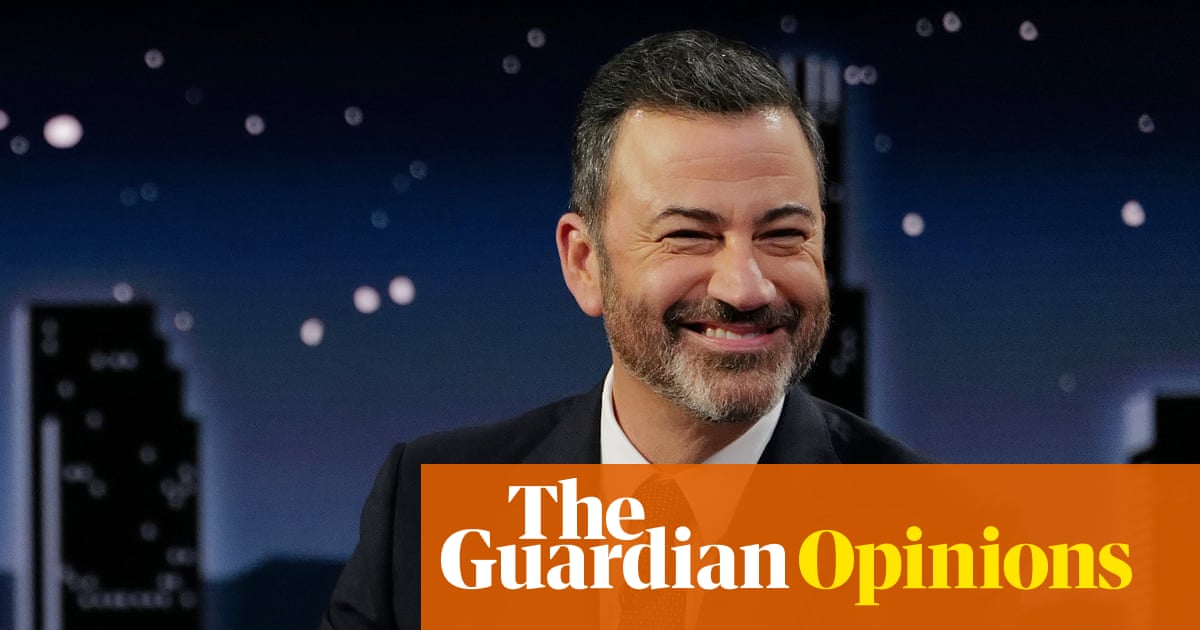
"Back in the 90s and 2000s, much ink was spilled as the major networks grappled for ratings in the now-quaint real estate of post-11PM programming. Johnny Carson retired. David Letterman jumped to CBS. Conan O'Brien was plucked from obscurity, eventually handed The Tonight Show, and then had it essentially clawed back by Jay Leno for a few more years of appalling hackwork."
"Those events don't do everything to explain the current barren late-night landscape, but it does feel like the so-called late night wars have started to resemble a genuine battlefield not in the sense that lives hang in the balance, but in the sense that after major skirmishes, there tend not to be much of anyone left. (And the appeasers benefit, at least in the short term.)"
Major network late-night programming has shifted from vigorous ratings battles in the 1990s and 2000s to a constrained, risk-averse landscape. High-profile incidents—Bill Maher's firing after a 9/11-related remark and Jimmy Fallon's playful interaction with Donald Trump—signaled increasing consequences for controversial commentary. Recent cancellations and suspensions, including Stephen Colbert's Late Show and Jimmy Kimmel Live!, reflect corporate decisions framed by budget or merger rationales but influenced by political sensitivity and station-owner caution. Networks and owners favor plausible excuses and appeasement to avoid backlash, producing fewer hosts, more self-censorship, and diminished late-night diversity and critical voices.
Read at www.theguardian.com
Unable to calculate read time
Collection
[
|
...
]